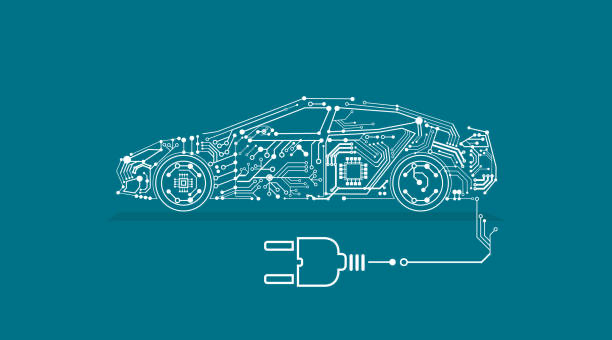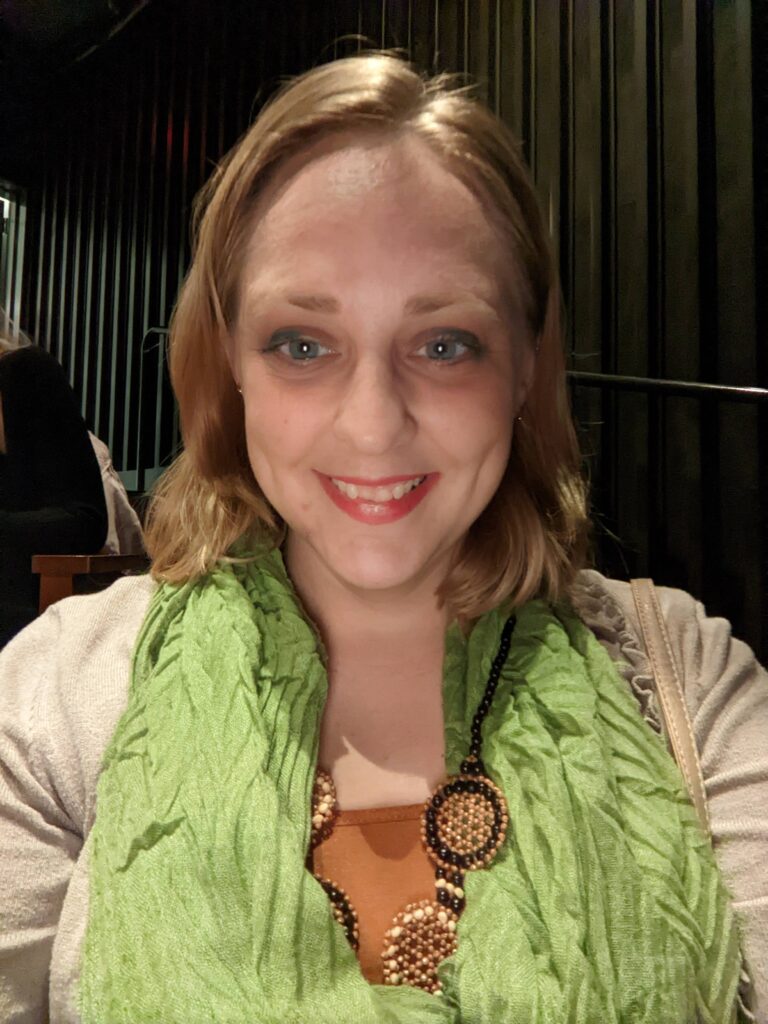Introduction:
In the ever-evolving landscape of electric vehicles (EVs), one challenge looms large for drivers and industry innovators alike: range anxiety. As an engineer and a doctoral candidate deeply entrenched in the quest for sustainable and autonomous mobility solutions, I’ve ventured into uncharted territories to address this pivotal issue. Today, I’m thrilled to share the journey and impact of my patent, US20140379183A1, “Dynamic Driving Range Maps for Improving Driving Range Anxiety,” a cornerstone in mitigating range anxiety and advancing the autonomy of electric vehicles.
The Genesis of Innovation:
The spark for this patent ignited from a simple yet profound question: How can we enhance the EV driving experience to make it not just comparable but superior to traditional vehicles? The answer lay in addressing one of the most significant barriers to EV adoption – the fear of running out of battery power before reaching the destination or a charging station, commonly known as “range anxiety.”
Breaking Down the Patent:
At its core, US20140379183A1 revolutionizes how electric vehicles calculate and communicate their driving range. Unlike traditional methods that offer a static estimate, this dynamic driving range map algorithm considers various real-time factors such as current battery level, driving habits, terrain, weather conditions, and traffic patterns. This technology not only provides more accurate and personalized range estimations but also suggests optimal routes to ensure the most efficient use of battery power, enhancing driver confidence and vehicle performance.
Bridging Technology and Sustainability:
This patent is more than just a technological breakthrough; it’s a testament to the synergy between engineering innovation and environmental stewardship. By making electric vehicles more reliable and user-friendly, we’re not just advancing the field of autonomous navigation; we’re also taking a significant step toward reducing our carbon footprint and championing sustainable transportation.
Leveraging for Impact:
Incorporating this patent into the broader narrative of my work with iGeopardy and TCAS2, it’s clear that the principles of innovation, sustainability, and technology-driven solutions form the bedrock of our mission. Whether it’s pioneering autonomous navigation technologies for EVs or advancing safety and efficiency in aviation, the goal remains the same: to push the boundaries of what’s possible and create a safer, more sustainable future for all.
Conclusion:
As we stand on the precipice of a new era in transportation, powered by electric vehicles and autonomous technologies, it’s patents like US20140379183A1 that pave the way. By addressing fundamental challenges like range anxiety, we’re not just solving technical problems; we’re reshaping perceptions, enhancing user experiences, and driving the global shift toward sustainable mobility. Join us as we continue to navigate this exciting journey into the future, one innovation at a time.

Mary Long is a highly accomplished multilingual individual with a wealth of experience in the fields of software development, machine learning, data science, and engineering consultancy. As a doctoral candidate and senior software developer, she has worked at prestigious companies such as Intuit and SAP, showcasing her expertise in the industry. With a background in mechanical engineering, mathematics, and computer science, Mary has also pursued additional certifications, including a professional certificate in data-driven decision making and machine learning from MIT. Her commitment to personal growth is evident through her ongoing education in integrative medicine and yoga therapy, demonstrating a holistic approach to her professional and personal development. In summary, Mary Long is a versatile and dedicated professional with a diverse skill set and a passion for continuous learning and exploration.





















































